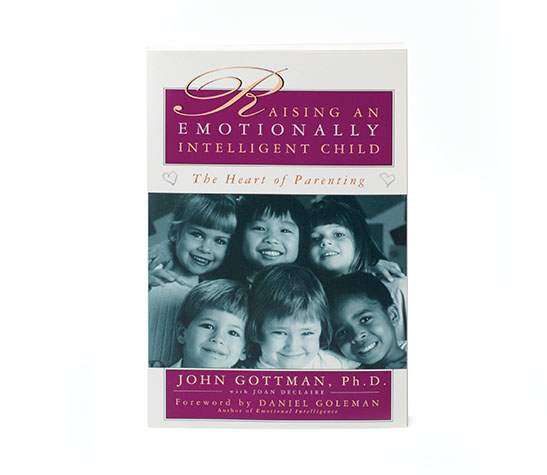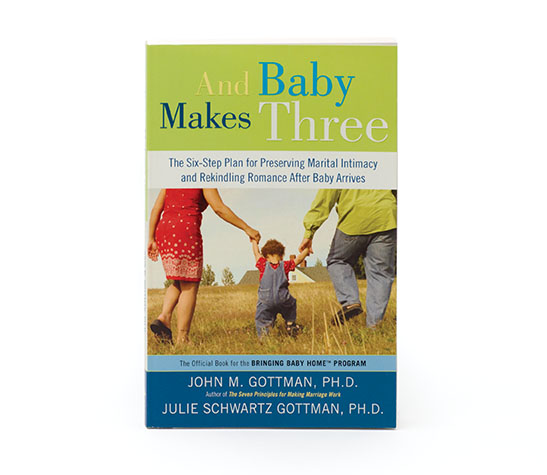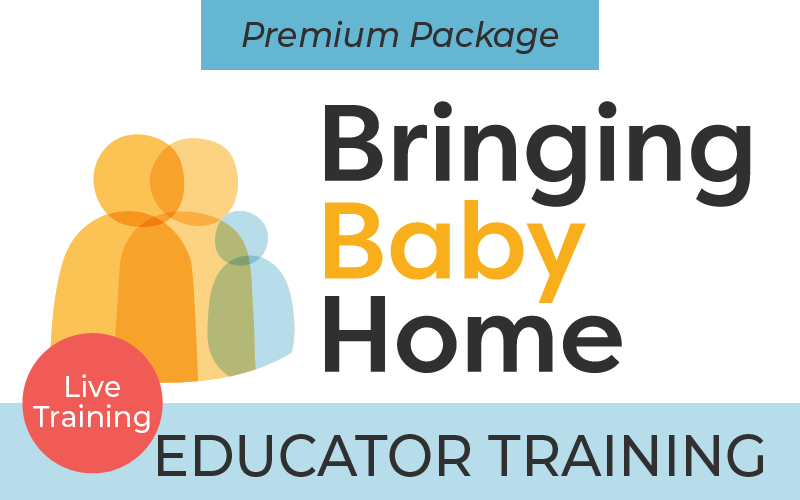We all know that having a new baby presents unique challenges, and research shows that couples are more likely to feel dissatisfied with their relationship after a child is born. As much as expecting parents plan and prepare, there is still so much to learn about raising a child while keeping their relationship with their partner intact.
In fact, according to research by The Gottman Institute, 67% of couples had become very unhappy with each other during the first three years of their baby’s life. Only 33% remained content.
As with any life transition, challenges are inevitable. It’s natural to disagree with your partner on issues around parenting, finances, household chores, and marital expectations. But as overwhelming as that sounds, it is possible to reach a solution that everyone is happy with.
Different Parenting Styles
Differences in parenting styles are a growing cause of concern in marriage, and issues can arise between couples even before they bring their new baby home if there is no established sense of unity and connectedness in place.
Perhaps your partner is in favor of sticking to a strict parenting routine, while you prefer to be more lax. Maybe you disagree on how to hold or change the baby. Whatever the issue, it can become a source of tension in your relationship, particularly if the problem is brought up repeatedly with an inability to see eye-to-eye.
Learning how to handle stress and conflict effectively in order to understand each other more clearly and reach compromise is essential. For example, through empathetic listening, you might realize that your partner wants to develop a routine so that everyone sleeps better. Once you understand their views and needs, you could compromise by creating a schedule that works for both of you.
Communicating effectively is key, so be sure to schedule some time to discuss parenting. Incorporate a daily stress-reducing conversation and a weekly state of the union meeting—even just 10 minutes a day of quality face time can drastically increase a couple’s friendship and intimacy.
When you and your partner disagree on parenting styles, it’s a sign that you both feel strongly about what’s best for the baby, which is not at all a bad thing, and couples counseling can help you focus on these positive intentions.
Changes in intimacy
Many couples can face problems with physical exhaustion, low sex drive, and the competing demands of their new baby when they do decide to start having sex again.
New moms struggle with hormonal shifts, body changes, recovering from childbirth, and issues like postpartum depression that can significantly reduce their desire for sex after birth. While intimacy is an important part of sustaining healthy relationships, it’s really important to create a situation that both partners feel comfortable with.
Start by discussing your expectations for physical touch, affection, and sex openly and honestly with the understanding that you might both be coming from very different places, eagerly trying to bridge the gap. Practice a judgment-free zone without becoming defensive and try not to take denied requests for sex and intimacy personally. Determine how best to say yes, and how best to say no, so that you both feel understood and respected.
Your partner trusts you enough to be vulnerable and wants a positive sex life, and it is a crucial time to respect that trust and vulnerability. And if you feel that you or your partner might take sexual rejection personally, talk about ways to indicate that you’re not feeling up to it that you both understand and that won’t be hurtful to either of you.
Fair distribution of chores
It’s easy for chores to pile up after a baby is born, and finding the right balance can be tricky, especially after both partners have life demands to deal with like returning to work, running errands, trying to exercise, seeing family members (especially those who haven’t yet met the baby), trying to find a few moments of personal downtime, and, of course, taking care of the new baby.
To help with the increased workload of caring for a child on top of everyday chores, a weekly planning discussion between you and your partner is imperative to coordinate schedules, share co-parenting duties, and keep the house clean and tidy for the baby.
During this discussion, you might decide that if your partner cooks dinner, you’ll do the dishes, or if you complete a job you really despise (like emptying the diaper bin), your partner will do it next time and you’ll take turns.
Arguing about chores might seem minor, but disagreements can quickly escalate to become major sticking points, so it’s best to tend to them on a weekly basis. Voicing your concerns and complaints early on in a respectful, non-blaming way will keep negativity at bay and will allow you to effectively resolve your issues together.
Financial disagreements
Most people know that raising a child is expensive. According to a report from the USDA, it will cost a middle-income family $233,610 to raise a child born in 2015 through to the age of 17. That’s some serious money, and the spending starts the moment you find out that you’re pregnant. This can put a lot of strain on your relationship, particularly if one partner is a big spender while the other prefers to save and be frugal.
Try sitting down together to create a financial plan for the year. This should include budgets for groceries, clothes, bills, utilities, medical care, prescriptions, and other essentials, as well as plans for college savings, family vacations, and larger purchases. Try to check in and discuss your finances at the same time each month in order to stay on top of things and make adjustments as needed. Financial planning is a skill that will serve you well for the rest of your relationship.
If you can address each of these issues as part of an overall parenting plan, then you can reduce the amount of stress you and your partner will experience while adapting to the life of being new parents. The two of you are a team, and while raising a child is a big challenge, you have each other’s backs. Stick to the plans you make, and remember that despite the pressures of parenting, your relationship can still be a wellspring of trust, love, and devotion.
The Marriage Minute is an email newsletter from The Gottman Institute that will improve your marriage in 60 seconds or less. Over 40 years of research with thousands of couples has proven a simple fact: small things often can create big changes over time. Got a minute? Sign up below.










